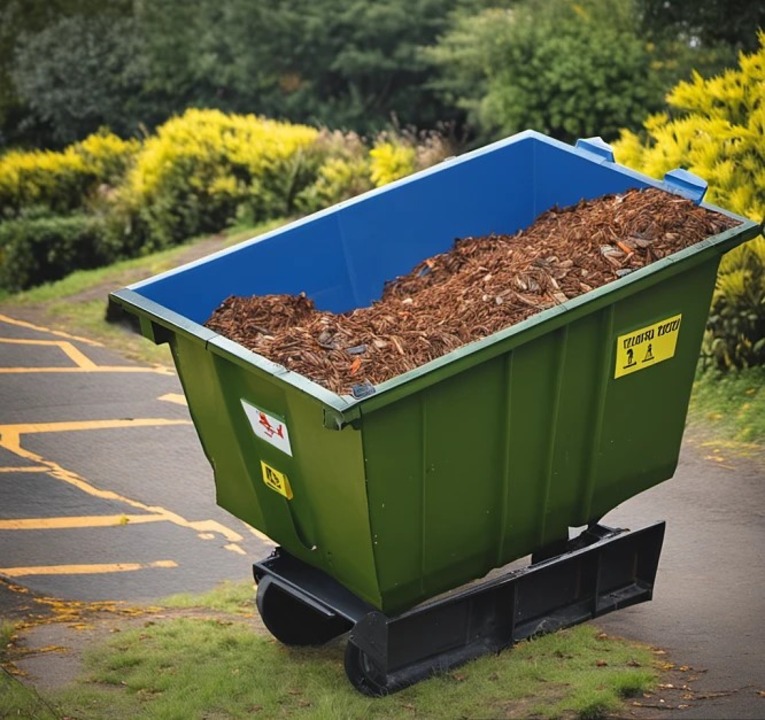Global environmental concerns are at the forefront of international discussions, and every action we take to reduce our ecological footprint counts. One often overlooked yet significant way to contribute to environmental conservation is through skip bins. These large, open-topped waste containers are simple tools for construction sites or home renovations, but their environmental impact is far more profound.
- Efficient waste segregation
The primary environmental benefit of skip bins is their role in facilitating efficient waste segregation. Many skip bins offer different bins for various waste types, such as recyclables and general waste. This separation at the source makes the recycling process much more efficient and effective. When waste is segregated correctly, it reduces contamination of recyclable materials. Clean, well-sorted recyclables are more likely to be successfully recycled, reducing waste in landfills. Using skip bins to separate waste, we take a crucial first step in recycling ensuring that more materials are repurposed and fewer resources are wasted.
- Minimized carbon footprint
Skip bins contribute to reducing carbon emissions in several ways. A single Skip Bin Hire Campbelltown collects waste from multiple sources or over an extended period, it reduces the trips required to transport waste to disposal or recycling facilities. Fewer trips mean less fuel consumption and carbon emissions from transportation. Skip bins facilitate efficient waste segregation, which leads to more effective recycling. Recycling consumes less energy and produces fewer emissions than manufacturing products from raw materials. By enhancing the recycling process, skip bins indirectly reduce industrial emissions.
- Prevention of soil and water contamination
When waste is not adequately contained, harmful substances leach into the soil and waterways, causing significant environmental damage. Skip bins provide a secure container for waste, preventing it from coming into direct contact with the ground. This is particularly important for hazardous waste or materials potentially contaminating soil or water sources. Moreover, many skip bin providers ensure that the waste collected is disposed of at licensed facilities. These facilities can safely handle a variety of waste types, minimizing environmental contamination.
- Promotion of circular economy principles
The use of skip bins aligns well with the principles of a circular economy – an economic system aimed at continually using resources. Skip bins help keep materials in use for extended periods by facilitating better waste segregation and recycling. For instance, construction and demolition waste collected in skip bins can often be recycled into new building materials, and green waste can be composted and used as fertilizer. Some types of general waste can even be converted into energy through waste-to-energy processes. By supporting these circular economy practices, skip bins the demand for new raw materials waste.
- Enhanced urban cleanliness
While not immediately apparent as an environmental benefit, the role of skip bins in maintaining urban cleanliness has indirect positive impacts on the environment. Clean cities are less likely to have pest problems, reducing the need for harmful pesticides. They’re likely to have thriving urban ecosystems, supporting local biodiversity.
The presence of skip bins, those designated for different types of waste, is a constant reminder of proper waste management. This visual cue helps raise awareness among community members about waste segregation and recycling. Many skip bin providers also offer information about what can be disposed of in each bin type. Education helps improve waste management practices, leading to better environmental outcomes in the long run.










